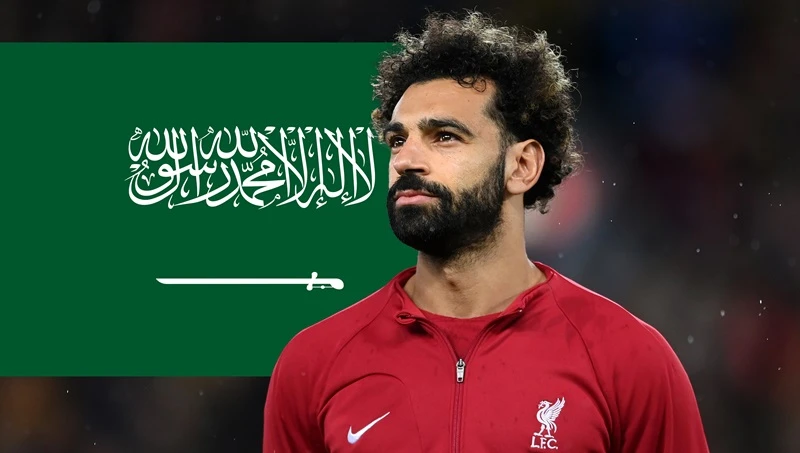The Saudi Pro League is considering pursuing high-profile players like Mohamed Salah or Kevin De Bruyne this summer, should the opportunity arise. However, after last summer’s record-breaking spending spree, the league’s new powerhouse is prepared to bide its time and strategically plan for its next phase of development. Although there is still potential for change, Saudi clubs have thus far been relatively restrained in their spending.
Last summer, Saudi Pro League teams invested approximately £700 million, positioning them behind only the Premier League, Ligue 1, and Serie A in terms of expenditure. Of that total, £560 million was spent on Premier League players, accounting for nearly half of the league’s revenue from overseas transfers and contributing to a record £2.36 billion outlay in the top flight.
Liverpool’s Jordan Henderson and Fabinho, as well as Chelsea’s N’Golo Kante, Kalidou Koulibaly, and Edouard Mendy, all made moves to the Middle East. However, the only significant deal this summer so far has been Moussa Diaby’s £50.5 million transfer from Aston Villa to Al-Ittihad.
Saudi clubs still have substantial funds available if needed. The Player Acquisition Centre of Excellence, established last year, has a budget for international transfers that spans eight years. Expect a few high-profile signings soon, but it’s understood that acquiring Salah and De Bruyne might be challenging now and could be more feasible if they become free agents by not renewing their contracts.
Waiting until January could be advantageous. All media rights contracts for the Saudi Pro League expire at the end of the upcoming season, which begins later this month and ends in May. A major signing now would not significantly impact the current annual TV revenue of £100 million, with only £10-15 million coming from broadcasters outside the Arab world. However, a marquee signing could dramatically enhance media rights values globally.
Future transfer spending is likely to focus on quality rather than quantity, aiming to distribute talent more evenly and make the league more competitive. The current restraint in Saudi spending has also affected Premier League spending. Dr. Tom Bason from Coventry University’s Centre for Business in Society noted that last year’s transfer window was significantly influenced by Saudi investment, which provided clubs with the means to either spend or offload high-wage players.
Peter Hutton, a board member of the Saudi Pro League, emphasized that the league’s growth is part of a long-term strategy.
